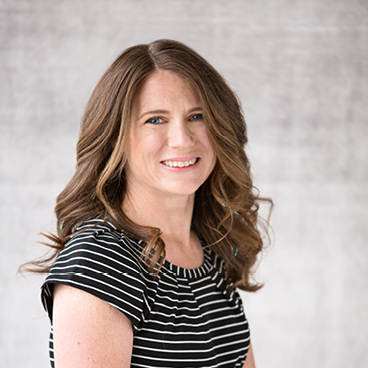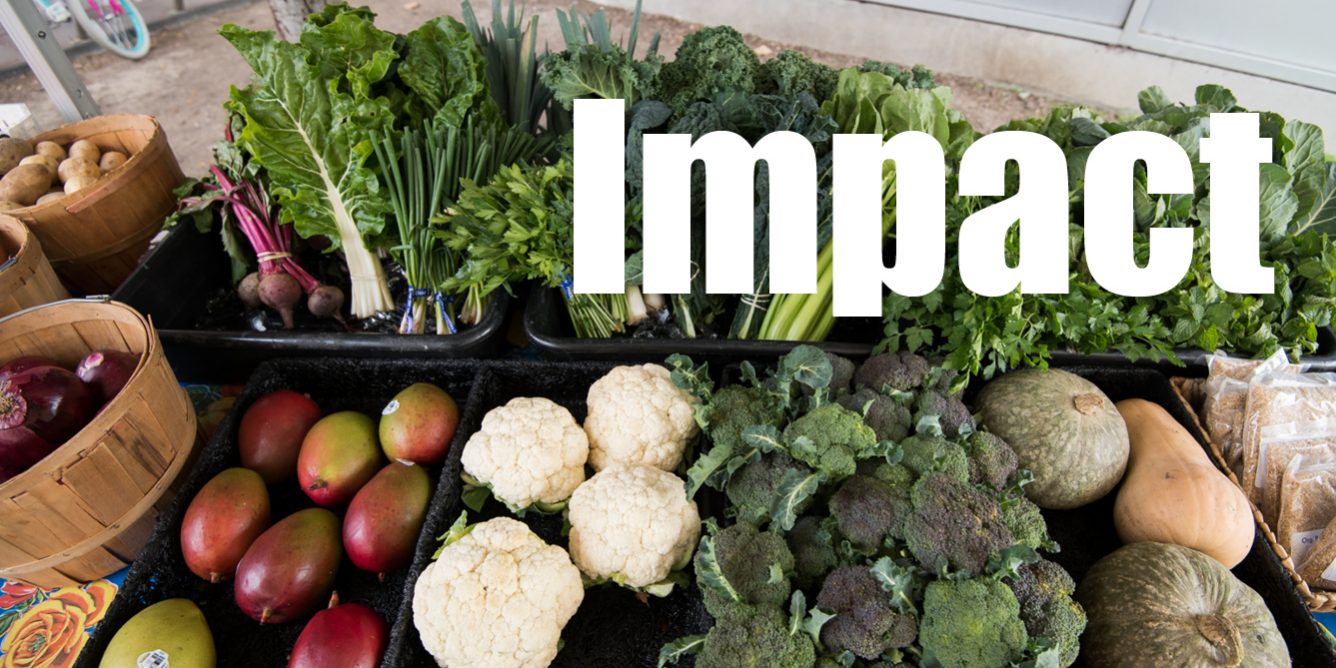By Catherine Howard, Director of Strategic Initiatives and Director of the California FreshWorks, a statewide food access financing and technical assistance program. Cross-posted from www.cafreshworks.com.
South Los Angeles is comprised of a collection of communities steeped in historical significance. Post-WWII, African Americans flocked to the area to take advantage of expanding opportunities to purchase homes and to find employment among the robust union-supported Los Angeles manufacturing industry. This was an emerging community at the time that contributed greatly to what has become modern Los Angeles. By the 1950s and 1960s, good-paying jobs were fewer, and the racist practices of redlining, rezoning environmental polluting industries, and the development of transportation corridors through South Los Angeles meant that once thriving and self-made communities of color were left to feel the effects of disinvestment, despite the contributions they made to the greater region.
One of the many consequences of this history is that residents of South Los Angeles have alarmingly low access to healthy and fresh food within their communities. While many food markets are scattered throughout the area, very few provide access to fresh produce and healthy options. It is even more stark when you compare this reality to that of white majority communities in Los Angeles. According to USC’s Dr. David Sloane: “Three in 10 food stores in a high poverty, predominantly African American community in Los Angeles lacked fruits and vegetables while nearly all of the stores in a contrast area that was low poverty and predominantly white sold fresh produce.”
While hardly an outlier, South Los Angeles is a clear example of how disinvestment begets lack of access to capital, creating a cycle of poverty and poor community health. It’s why the conditions in South Los Angeles were the birthplace of FreshWorks, a radical idea that creating the right financial tools could not only increase healthy food access, but also build greater racial and economic equity into the local food system.
One of the ways FW builds this greater equity into local food systems is by supporting projects that not only increase food access but are also led/owned by people of color and low-income people. FW actively addresses common roadblocks to both financing and ownership by people of color and low-income people:
- Limited access to start up capital or collateral
- Limited access to technical expertise or capacity building
- Perceptions of risk (which may not be valid, and are often based on stereotypes rather than actual, demonstrable risk)
When Community Vision took over administration of the California FreshWorks (FW) program in 2017, we aimed to address these challenges by creating targeted, accessible financial tools. This includes a Technical Assistance (TA) Grant Program that provides financial support for technical assistance, predevelopment and capacity building activities that build the viability and sustainability of the project. This early stage support is often hard to come by for small entrepreneurs and organizations with limited means, and can be key to developing a project that is financially sustainable and can qualify for financing. Examples of this kind of technical assistance include market analysis, architectural studies, and business planning support.
In addition to making capacity building more accessible, FW developed a credit enhancement program designed to lower the perceived risk of a project and unlock financing. The credit enhancement provides FreshWorks’ network of lenders a guaranty of up to 25% of their loan amount. The guaranty sits in a first risk position, meaning it is the first capital lost if the borrower cannot repay the loan. This added backstop can help lenders approve financing for high impact projects that otherwise would not meet their credit requirements.
In South Los Angeles we recently had the opportunity to put FW’s new tools to work in partnership with Community Services Unlimited (CSU) and Self-Help Federal Credit Union (Self-Help).
CSU is a 40-year old community-based organization with deep roots in South Central Los Angeles. Since 2004, they have developed food system programming in direct response to the needs expressed by community members. CSU works to create a sustainable local food system where food is grown, distributed, and bought within their own community, incorporating training and educational programs, the creation of jobs and entrepreneurial opportunities, and supported by partnerships with regional farmers. CSU also educates and provides job-skills to community members through urban farms and creates access to healthy food through social enterprises including on-farm stands, pop-up community produce stands, catering, produce boxes, and healthy food distribution to local corner stores that all source from local urban and rural farmers.
CSU developed a vision to build on their 40 years of experience by creating the Paul Robeson Community Wellness Center (Wellness Center), which will include a permanent produce market, commercial kitchen, and space for nonprofit programs and services. Despite a history of community-serving impact, the debt-requirements for moving the project forward made CSU a “high-risk” project by traditional financing standards. CSU found a supportive and engaged financial partner in Self-Help, a community development financial institution and member of the FW Lending Network.
As a long-time lender to food projects in low-income communities, Self-Help immediately realized the importance of CSU’s vision, and the impact the Wellness Center could have in the South LA community. Determined to make it work, Self-Help called upon FreshWorks to partner with CSU to move the Wellness Center forward.
Our first step was to engage with CSU and Self-Help to identify how FW could provide meaningful support, which happened to be the right TA from a Self-Help local expert. FW provided CSU with a TA grant to bring aboard this local expertise to assess the current project status, and help CSU refine its business plan.
Once CSU had finalized its business plan, Self-Help commenced underwriting the financing, but ran in to another challenge. As a regulated lender, Self-Help is legally obligated to meet certain collateral requirements, but CSU’s financing need was greater than their available collateral would allow. FW’s new credit enhancement, however, was able to step in and take a first risk position in the loan, which provided the collateral coverage Self-Help needed to approve financing, and had the added benefit of lowering CSU’s interest rate. The Wellness Center is now under construction, with financing from Self-Help and FW. The Center will open in Summer 2018, with a Grand Opening on August 18th and a soft launch on July 31st.
Limited access to healthy food is one of many symptoms of systemic disinvestment in low-income communities. FW aims to address this disinvestment with financial tools designed to increase equity in the food and financial systems. FW’s TA grant program helps enterprises get the professional services they need to develop a financially successful project. FW’s credit enhancement program is a innovative way that foundations and other community-oriented investors can use their investment capital (rather than grants) to leverage private capital, lower lender risk, and proactively address issues of equity in the financing system.
 About the Author
About the Author
Catherine Howard is Community Vision’s Director of Strategic Initiatives and Director of the California FreshWorks program. She has been with Community Vision for more than 20 years.





